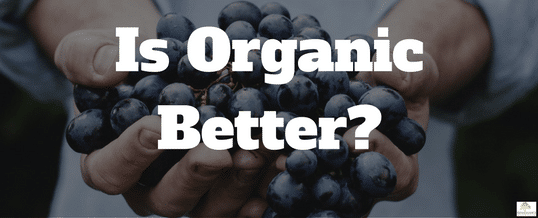You would be hard press to find anyone that would discount the benefits of eating organically. And it would seem logical that organic crops are better for the environment than the massed produced crops. But this might not be so. Norman Borlaug, the father of the “green revolution”, and winner of the Nobel peace prize contends that organic farming produces lower yields and therefore requires more land under cultivation to produce the same amount of food. He points out the synthetic fertilizers have tripled cereal production between 1950 and 2000, but the amount of land used increased by only 10%. Using traditional techniques such as crop rotation, compost and manure to supply the soil with nitrogen and other minerals would have required a tripling of the area under cultivation. The more intensively you farm, Mr. Borlaug contends, the more room you have left for the rainforest.
Another claim that organic farming is more energy-efficient because natural gas is not used in the production of artificial fertilizer might not also be true. Some people counter that organic farming actually requires more energy per ton of food produced because yields are lower and weeds are kept at bay by plowing. They also note that only 1/5 of the energy associated with food production across the whole food chain is consumed on the farm; the rest goes on transport and processing.
So, although eating organically is definitely better for the body it might not be better for the earth.

